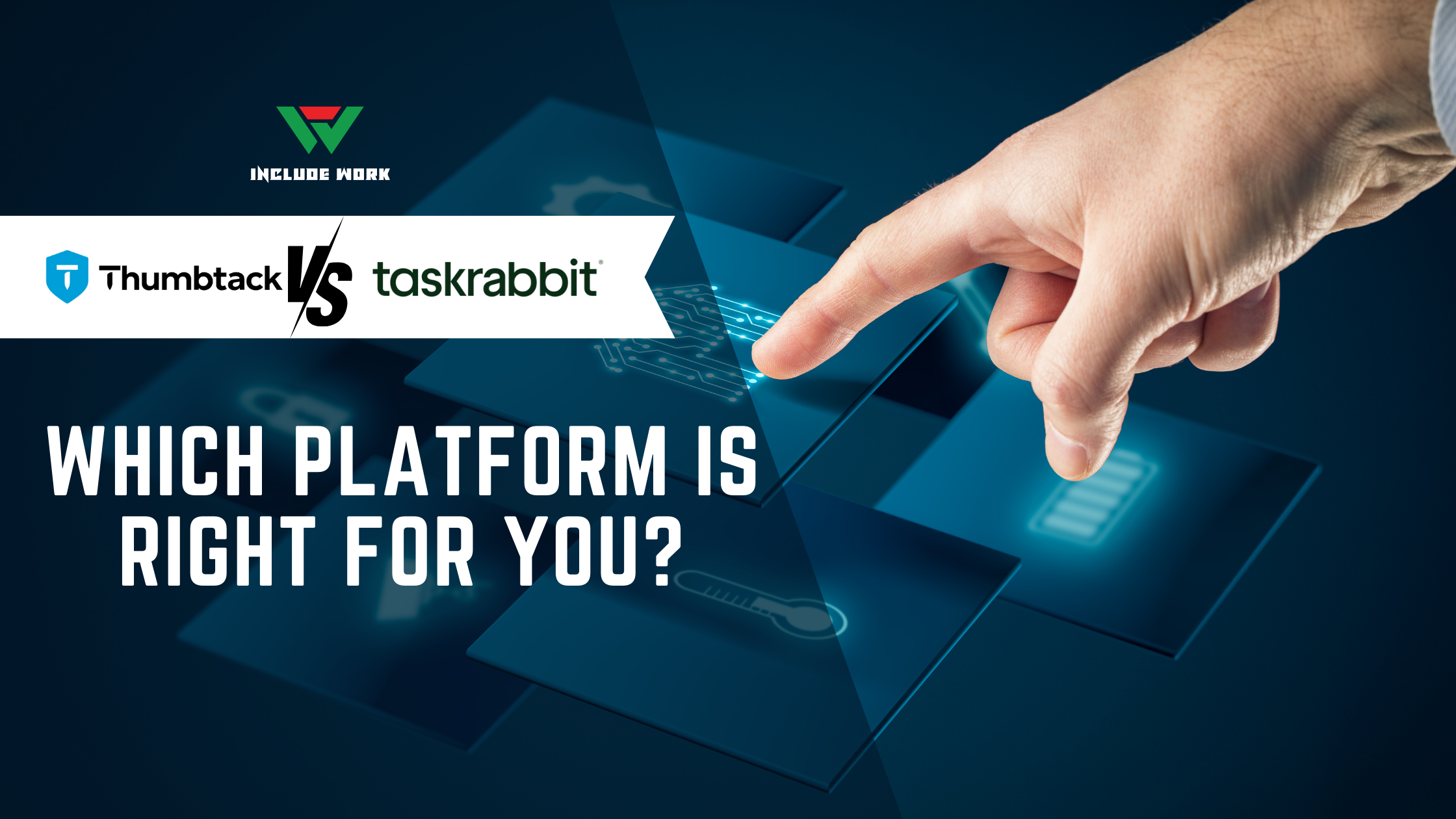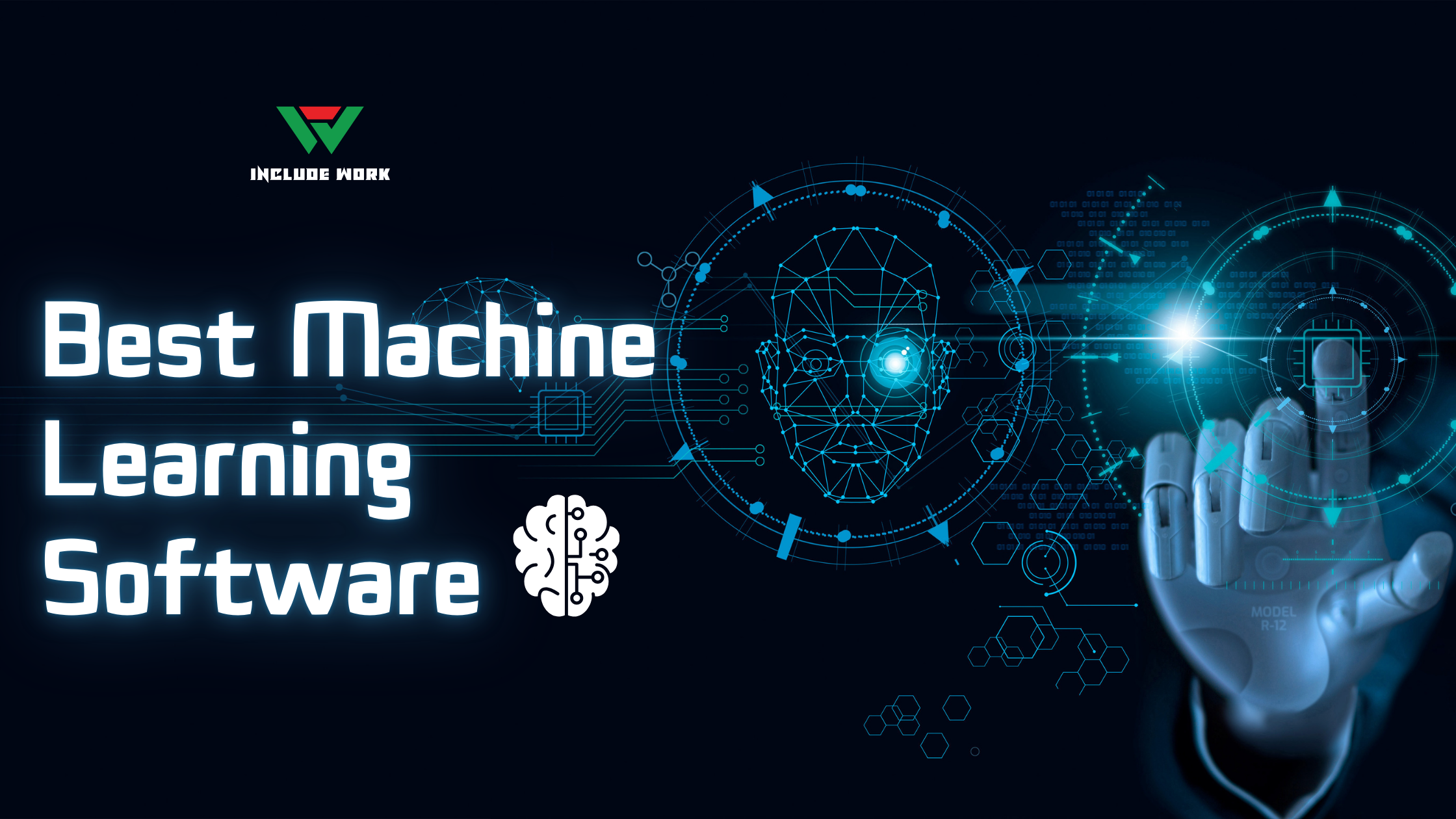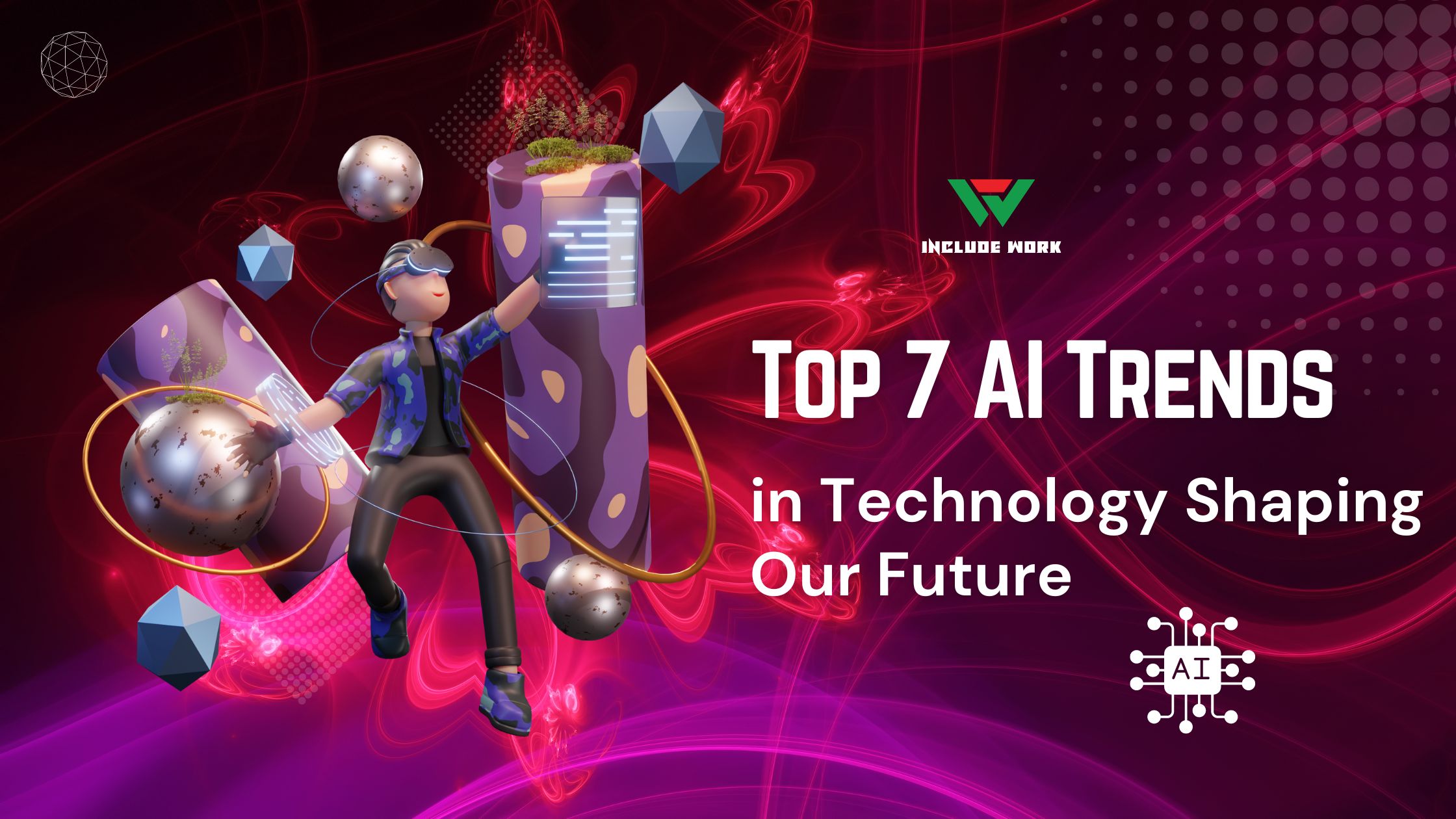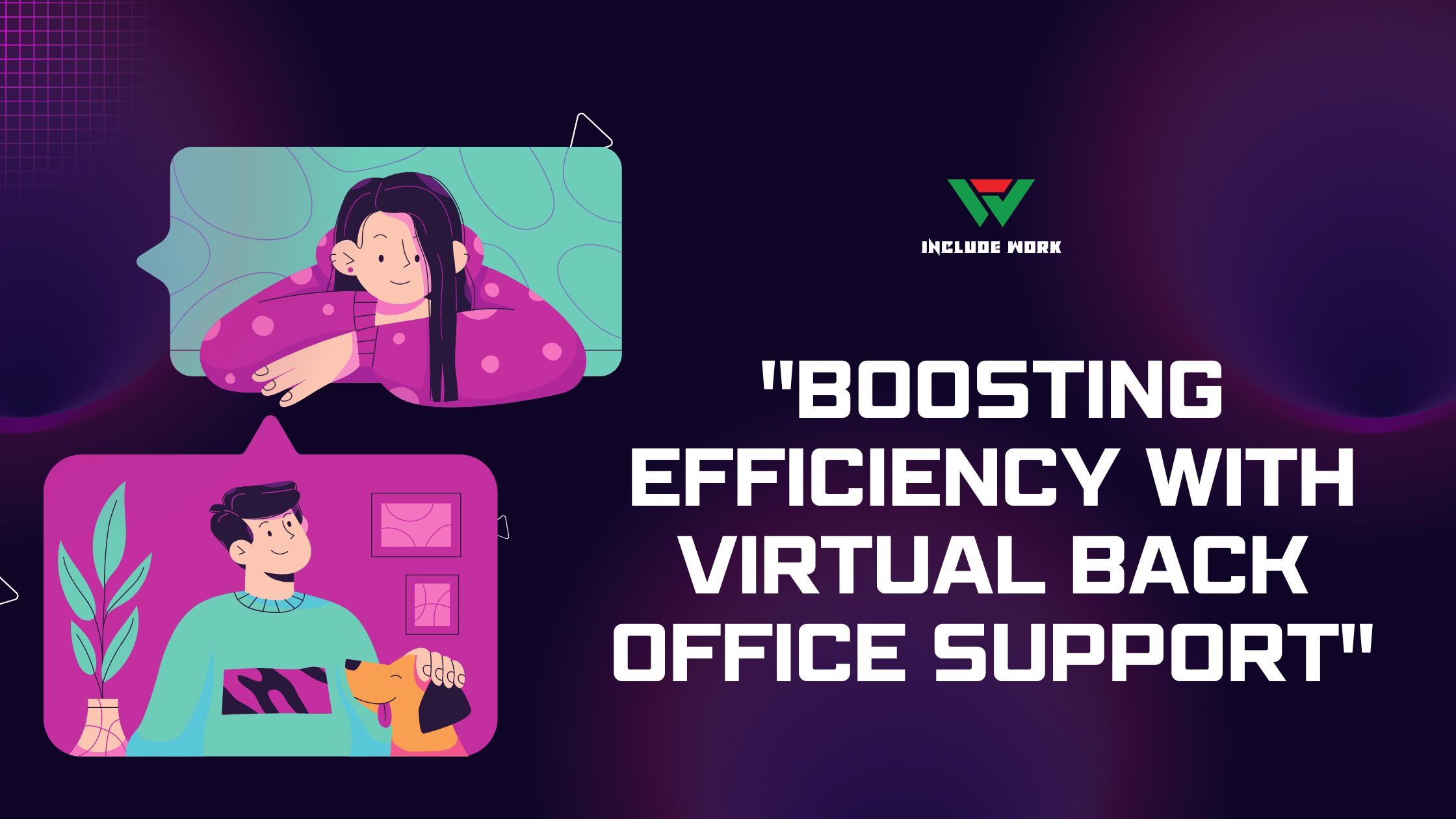5G is the latest leap in mobile technology, poised to dramatically transform how we connect with the world. Standing for “fifth generation,” 5G offers significantly faster data speeds, reduced latency, and the capacity to connect more devices at once.
Table of Contents

What is 5G Technology?
5G technology is the fifth generation of cellular network technology, succeeding 4G. It works on the same principles as previous generations, using radio waves to transmit data between devices and cell towers. However, 5G operates on a higher frequency band of the radio spectrum, which allows it to carry data faster and in much larger volumes. This higher frequency comes with shorter wavelengths, which means 5G can provide not only faster speeds but also high-capacity, low-latency communication.
Key features of 5G include:
- Higher Speeds: Speeds can be significantly faster than 4G, with the potential to reach up to 10 gigabits per second. This means that downloading and uploading content can happen almost in real time.
- Lower Latency: The response time of the network can be as low as one millisecond, allowing real-time interactions and responses.
- Increased Capacity: 5G can handle many more devices at once, from mobile phones to equipment sensors, without slowing down the network. This is crucial for the Internet of Things (IoT).
In essence, 5G is designed to accommodate the growing number of devices that require a constant internet connection, doing so more efficiently than ever before.

Benefits of 5G Network Speed
The increased speeds of 5G networks bring several tangible benefits that impact both individual consumers and businesses. Here’s a look at some of the key advantages:
Faster Download and Upload Speeds:
- With 5G, downloading and uploading large files, like high-definition videos, can be done in seconds rather than minutes. This efficiency is perfect for both streaming services and individuals who need to transfer large amounts of data quickly.
Improved Streaming Quality:
- Due to its high-speed capabilities, 5G drastically reduces issues like buffering and interruptions during streaming. This leads to a smoother, higher-quality viewing experience, particularly with 4K or even 8K streaming.
Enhanced Mobile Gaming:
- Gamers can expect near-instantaneous response times thanks to 5G’s low latency. This enhances mobile gaming with real-time, multiplayer experiences that are free from lag, making games more competitive and enjoyable.
Real-Time Data Access:
- For industries that rely on real-time data, 5G’s speed and immediacy facilitate instant access to information. This can significantly enhance decision-making processes in fields such as finance, healthcare, and manufacturing.
Boosted Productivity:
- Faster network speeds mean that tasks requiring online connectivity can be completed more quickly and efficiently. This boosts productivity across various sectors, enabling professionals and businesses to perform more work in less time.
The speed of 5G opens up a host of possibilities for users and industries, setting a new standard for what can be achieved with mobile technology.

Impact on Communication and Businesses
The rollout of 5G technology is set to revolutionize the way businesses communicate and operate. Here’s how:
Streamlined Communication:
5G technology enhances mobile communication by significantly reducing call and connection delays. This improves the quality and reliability of both voice and video calls, which is vital for remote collaborations and meetings.
Enabling Remote Work:
With higher speeds and lower latency, 5G makes remote work more viable and efficient. Employees can access company networks and large files swiftly and reliably from anywhere, which is essential for businesses that operate globally.
Advancements in IoT:
The Internet of Things (IoT) will benefit immensely from 5G networks. The ability to connect numerous devices simultaneously without lag ensures smoother operations in smart offices and industrial automation. This connectivity is crucial for real-time monitoring, smart inventory management, and enhanced security systems.
Transformation in Customer Interactions:
Businesses can utilize 5G to offer new and enhanced customer experiences. For example, retailers can use augmented reality (AR) for virtual try-ons or in-store navigation, which requires the high data speeds and low latency of 5G.
Operational Efficiency:
The fast data transfer rates and improved connectivity help businesses streamline their operations. For instance, quick data analysis and transfer can aid in faster decision-making and increased agility in business processes.
Innovation Opportunities:
With 5G, businesses are more equipped to innovate. They can develop new products and services that were not possible with slower network speeds, such as advanced AI-driven analytics, real-time logistics tracking, and autonomous vehicle technology.
The impact of 5G on communication and business is profound, promising not only to enhance current operations but also to open doors for future technological advancements.

Potential Applications in Various Industries
5G technology has the power to transform a wide range of industries by enabling new applications and improving existing processes. Here are some notable examples:
- infrastructure (V2I) communications, essential for the safety and efficiency of autonomous vehicles.
- Real-Time Traffic Management: Enhanced data flow can help manage traffic more effectively, reducing congestion and improving road safety.
Manufacturing:
- Smart Factories: 5G can facilitate the implementation of smart factories, where machines are interconnected and can communicate in real time, leading to increased automation and efficiency.
- Predictive Maintenance: Faster data processing allows for predictive maintenance on equipment, minimizing downtime and reducing costs.
Entertainment and Media:
- Augmented and Virtual Reality: The high bandwidth and low latency of 5G are perfect for AR and VR applications, offering users more immersive and interactive experiences.
- Live Events: 5G can transform how we experience live events, such as sports and concerts, with capabilities like multi-angle video streams and enhanced AR overlays.
Agriculture:
- Precision Farming: 5G can enable more precise agriculture by supporting IoT devices that monitor soil, weather, and crop conditions in real time, allowing for more accurate planting, fertilizing, and watering.
Public Safety and Infrastructure:
- Emergency Response: Enhanced communication capabilities can improve response times and coordination in emergency situations.
- Smart Grids: 5G can help manage electricity demand more efficiently, supporting sustainable energy practices.
These applications demonstrate just a fraction of what’s possible with 5G, as it promises to enable further innovation across all sectors of society.

Security Concerns with 5G Technology
While 5G technology offers significant advancements, it also introduces new security concerns that need careful consideration. Here’s an overview of some key security challenges:
Increased Attack Surface:
The vast number of devices connecting to 5G networks significantly enlarges the attack surface for cyber threats. Each device, from smartphones to IoT sensors, can potentially be exploited as an entry point into the network.
Supply Chain Vulnerabilities:
5G networks rely on complex supply chains that can include potentially vulnerable components from multiple providers. This complexity can create hidden security weaknesses that are difficult to detect and mitigate.
Privacy Issues:
With higher data speeds and the capacity to transmit more data, there is an increased risk of personal data breaches. Ensuring data privacy becomes more challenging as the volume and sensitivity of the data increase.
Network Security:
The decentralized nature of 5G networks, which can include many small cells distributed across various locations, complicates the traditional security models. Securing these dispersed elements against unauthorized access and attacks is critical.
State-Sponsored Threats:
The infrastructure of 5G could become a target for state-sponsored cyber activities due to its critical role in national infrastructure. This makes robust security measures and international cooperation essential to safeguard the networks.
To address these concerns, ongoing efforts are being made:
- Enhanced Encryption: Advanced encryption techniques are being implemented to protect user data on 5G networks.
- Robust Authentication Protocols: New protocols are being developed to ensure that devices and users are securely authenticated before accessing the network.
- Network Slicing: This technique allows operators to separate a physical network into multiple virtual networks, enabling them to provide different security levels based on the type of service or data.
Overall, while 5G brings substantial benefits, it also demands rigorous security solutions and proactive threat management to ensure safe and reliable operation.
Global Adoption and Future Prospects of 5G Technology
The global adoption of 5G technology is progressing rapidly, with countries around the world investing heavily in deploying 5G networks. Here’s a look at the current state of 5G adoption and what the future holds:
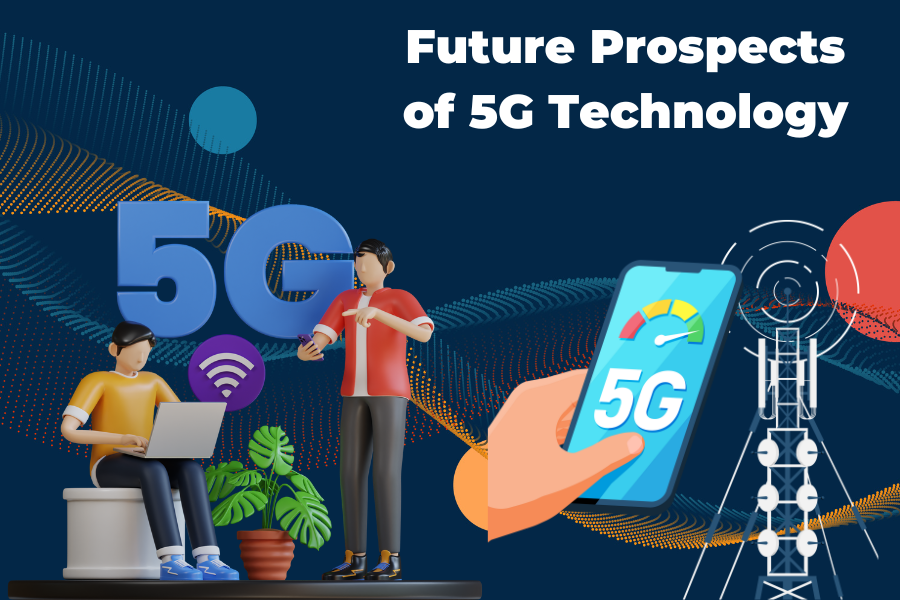
Current Global Rollout:
- Many developed countries have already begun widespread rollout of 5G networks, with leading telecom operators in the United States, China, South Korea, and European nations actively expanding their 5G infrastructure.
- Emerging markets are also starting to adopt 5G, though the pace varies significantly depending on economic factors and government policies.
Economic Impact:
- 5G technology is expected to contribute trillions of dollars to the global economy over the next decade. Industries such as manufacturing, healthcare, and
transportation stand to benefit immensely from the efficiency and new capabilities that 5G offers.
Future Technological Developments:
- As 5G technology matures, it is expected to facilitate further advancements in areas like autonomous vehicles, smart cities, and IoT. This could lead to more integrated and intelligent technology ecosystems.
- The development of 6G, which is already on the horizon, promises even greater speeds and capabilities, and 5G will lay much of the groundwork for these next-generation networks.
Challenges to Adoption:
- Despite its potential, the adoption of 5G faces challenges, including high infrastructure costs, regulatory hurdles, and the need for extensive new hardware installations.
- Concerns about health and safety, although largely unfounded, have also slowed adoption in some areas.
Strategic Importance:
- Given its ability to support critical infrastructure and services, 5G is considered strategically important for national security and economic competitiveness. Governments are therefore likely to continue investing in its deployment and supporting technology innovations that leverage its capabilities.
Looking forward, the global expansion of 5G technology is set to accelerate, transforming how we live, work, and interact with the digital world. The journey toward fully realizing 5G’s potential is just beginning, promising exciting advancements and opportunities ahead.
Conclusion
5G technology marks a significant milestone in the evolution of telecommunications, offering far-reaching impacts that extend beyond faster internet speeds. It promises to revolutionize industries, enhance daily life, and drive economic growth through its support for innovative applications and services. As 5G continues to roll out globally, it will not only transform how we interact with technology but also pave the way for future advancements in 6G and beyond. Embracing 5G means embracing a future where connectivity is more seamless, operations are more efficient, and possibilities are limitless. The journey towards a fully connected world is well underway, with 5G leading the charge into a more interconnected and technologically advanced future.


